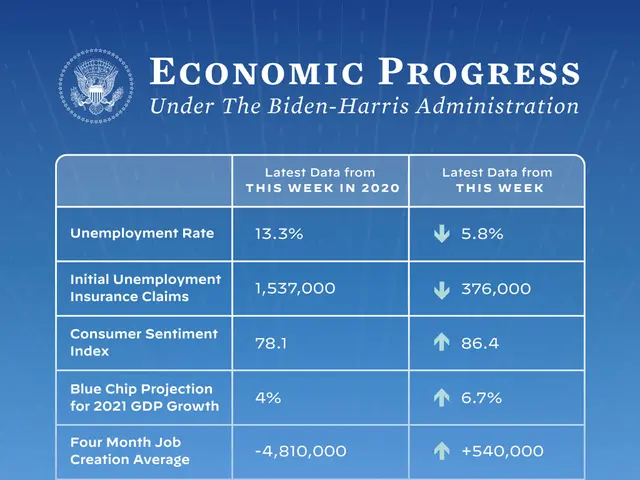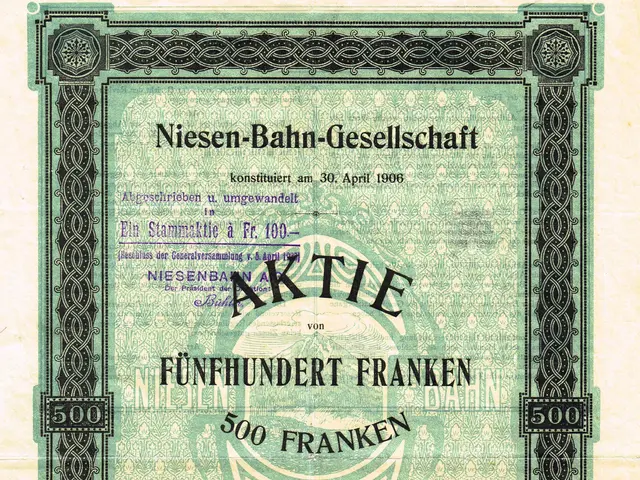Increase in AI usage necessitates a balance between personalization and openness
The airline industry is embracing Artificial Intelligence (AI) as a means to revolutionize customer experiences, foster loyalty, and optimize operations. However, the integration of AI comes with its own set of challenges that need to be addressed.
A recent trends report by SITA revealed that only 3% of airlines have no plans to invest in AI technologies. This shift towards AI is not just about surface-level innovations, but a broader commitment to trust and transparency.
Airlines can leverage AI to provide personalized interactions, boosting revenues. For instance, predictive segmentation models can identify passenger preferences or trends, allowing airlines to personalize recommendations and promotional offers. Delta, a leading player in the industry, has successfully implemented an AI-driven pricing model that generates personalized ticket prices for individual travelers.
However, the use of AI in ticket pricing is raising concerns among consumers and regulators due to the potential for bias and lack of transparency. The success of Delta's model has led to plans to use the technology to determine 20% of ticket prices by the end of the year, a move that is controversial because AI-driven pricing can lead to unpredictable price fluctuations and concerns about transparency and fairness in fare setting.
The airline Condor is another example of this trend, aiming to have 20% of its ticket prices determined by an AI-influenced pricing model. This approach seeks to optimize between booking volume and profit by dynamically adjusting prices through AI, but it has sparked debates about transparency and fairness in fare setting.
Seamless booking experiences and attentive treatment are appealing, but there's a long road ahead in addressing ethical issues, privacy concerns, and potential biases in predictive models. The perception of exploitation should be avoided, and personalization should be used ethically to ensure it enhances encounters rather than exploits travelers.
Prioritizing transparency is crucial. Airlines can educate passengers about how pricing is determined by providing a clear breakdown of factors that influence ticket prices. Oversight agencies are increasingly monitoring AI usage in consumer industries, so airlines can adopt compliance frameworks now and set a high standard for fair practices to demonstrate brand responsibility and avoid potential legal challenges.
The aviation sector is experiencing an adjustment period as AI is integrated into operations, with some glitches already surfacing. It's still early days for AI in the airline industry, but its long-term potential is undeniable. The potential for AI innovation raises questions about balancing digital progress with customer expectations and apprehensions.
To address these challenges, a unified, comprehensive "golden customer profile" can be created by integrating insights from sales, marketing, customer service, and transactions, including booking and flight patterns, mobile app and website usage, loyalty program information, and demographic and survey metrics. This approach can eliminate silos, consolidate data, and build complete, actionable profiles.
In conclusion, the integration of AI in the airline industry offers a wealth of opportunities for enhancing customer experiences, fostering loyalty, and optimizing operations. However, it's essential to navigate these opportunities with a clear focus on ethics, transparency, and fairness to ensure that AI serves to improve the travel experience rather than complicate it.
Read also:
- Federal Funding Supports Increase in Family Medicine Residency Program, Focusing on Rural Health Developments
- Potential Role of DHA in Shielding the Brain from Saturated Fats?
- Alternative Gentle Retinoid: Exploring Bakuchiol Salicylate for Sensitive Skin
- Hanoi initiates a trial program for rabies control, along with efforts to facilitate the transition from the dog and cat meat trade industry.








